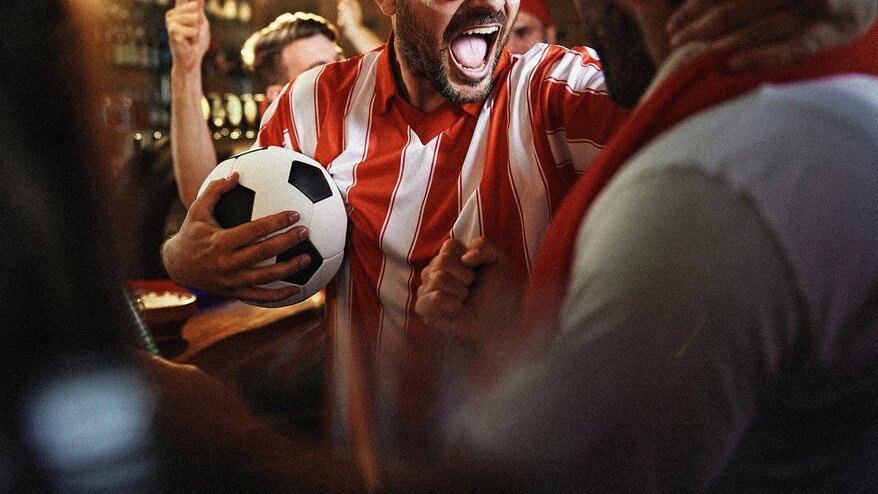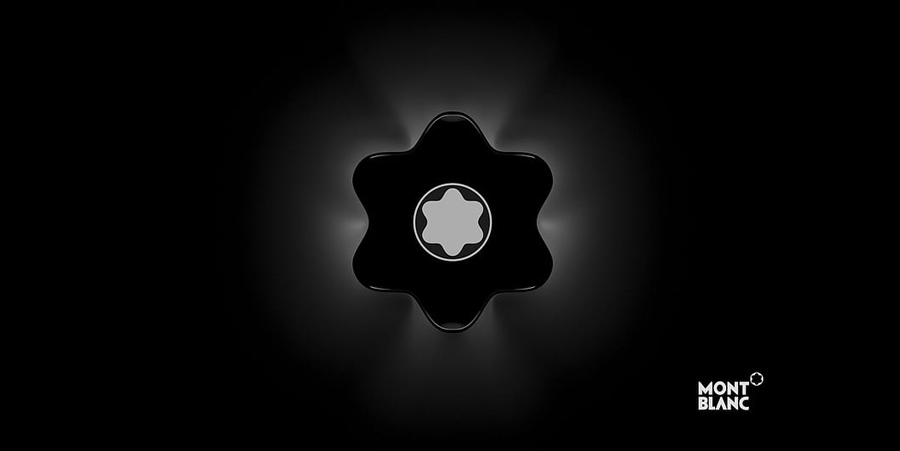Brands like predictability off the field, and the premier global sporting event is wreaking havoc with all that.
On Friday morning, the executives who oversee the Budweiser brand must have needed a tall, cold one, early hour be damned. With the World Cup set to kick off in Qatar that coming Sunday, November 20, the host country decided to ban all alcoholic beer sales at tournament stadiums. If you had paid upwards of $75 million to be the official beer of the 2022 World Cup, shotgunning a tallboy is at least a plausible response to a problematic situation.
If there’s one thing that major global brands dislike, it’s unpredictability. FIFA, Qatari officials, and Budweiser parent AB InBev have had 12 years to figure out the logistics of honoring the beer conglomerate’s sponsorship, as well as the Arab state’s position on alcohol consumption. Yet, here we are. As Hunter S. Thompson wrote, “No sympathy for the devil; keep that in mind. Buy the ticket, take the ride.”
Major brand sponsors, in particular those focused on American and Western audiences, long ago decided to embrace this most complicated of World Cups—the reported corruption that got us here, the move from summer to winter season, the migrant worker deaths—in order to celebrate (and commercially leverage) what is the world’s premier sporting spectacle. Now that the World Cup is here, the challenges in doing so are no longer hypothetical, and if the week leading up to the start of the games is any indication, brands—whether they’re official sponsors or just drafting off an association with elite soccer—and their marketers should be ready for just about anything.
“The companies should definitely be in touch with their PR firms, and I would think most of them are planning for contingencies,” says Villanova School of Business marketing professor Charles Taylor. “The government has said they’re not going to punish people for how they dress or getting drunk, unless they get violent, but companies should be preparing for that.”
I reached out to World Cup sponsors Budweiser, Coca-Cola, McDonald’s, Visa, and Adidas, for comment on their World Cup preparations and how it compares to other major events, but received no responses.
The advertising for this year’s tournament is really no different from any past tournaments, despite years of coverage around its problems and controversies, and an increasingly vocal social media environment around brand behavior and transparency.
Despite the increased volume leading up to the World Cup’s start, this isn’t the first edition that has had ethical challenges—and calls for a boycott. The 2018 tournament in Russia was also plagued with corruption allegations from the start, as was that country’s policies and viewpoints on LGBTQ rights. Brazil in 2014 faced protests from within, with Brazilians critical of government spending on stadiums and hosting over that country’s housing crisis. Then, just as now, brand advertisers seemingly plugged their ears, closed their eyes, and lalalalalalala‘d their way into creating the most idyllic version of the event that fans themselves prefer to imagine.
The advertising for this year’s tournament is really no different from any past tournaments, despite years of coverage around its problems and controversies, and an increasingly vocal social media environment around brand behavior and transparency.
Despite the increased volume leading up to the World Cup’s start, this isn’t the first edition that has had ethical challenges—and calls for a boycott. The 2018 tournament in Russia was also plagued with corruption allegations from the start, as was that country’s policies and viewpoints on LGBTQ rights. Brazil in 2014 faced protests from within, with Brazilians critical of government spending on stadiums and hosting over that country’s housing crisis. Then, just as now, brand advertisers seemingly plugged their ears, closed their eyes, and lalalalalalala‘d their way into creating the most idyllic version of the event that fans themselves prefer to imagine.
Shelina Taki, senior director of strategy and insights at agency PMG, says that brands are correct in focusing on the positive aspects of the tournament while also being prepared for anything less-than-positive. “You shouldn’t be entering the World Cup without understanding the culture and context,” says Taki. “Brands we work with certainly have Plan A and Plan B. Part of it is doing the homework, with brand strategists and insights teams knowing how to manage those conversations, having a position and stance, and being very clear on their own values and mission.”
For Budweiser, this latest news is either a genius guerrilla marketing campaign for Bud Zero, or a complete operational clusterf*ck. One former marketing exec at a World Cup sponsor told me the way this World Cup has been handled from the start has been a mess; blaming FIFA and saying that it’s the beginning of the end of the World Cup being one of the world’s best marketing properties.
Still, a global audience in the hundreds of millions for a month of the year is always going to be a brand marketing magnet, whatever baggage is involved. As Taki says, brands are choosing to celebrate the positive, with some finding opportunities to incorporate statements on their values, however subtle.
In Budweiser’s spot, “The World Is Yours To Take,” we see fans and football stars walking down a long stadium tunnel toward the celebrations, waving national flags of all stripes, and the brand was sure to include a Pride flag (at 28 seconds), despite homosexuality being illegal in Qatar.
Coca-Cola has rolled out its own predictably generic kumbaya ads on one hand, and on the other, responded to calls from groups like Amnesty International and Human Rights Watch by reiterating the company’s support for workers and human rights leading up to the tournament.
Brands have known Qatar’s stance on issues like alcohol consumption and LGBTQ rights. The fact that beer sales aren’t allowed in stadiums isn’t a surprise, but suddenly changing policy without warning is, and that’s where brand sponsors should be most concerned and prepared for the unpredictable.
On Tuesday, a Danish television crew was interrupted during a live broadcast by Qatari officials who threatened to break their camera equipment. Reporter Rasmus Tantholdt says on camera, “You invited the whole world to come here, why can’t we film? It’s a public place.”
The next day, government officials released a statement, saying, “Upon inspection of the crew’s valid tournament accreditation and filming permit, an apology was made to the broadcaster by on-site security before the crew resumed their activity.”
That and $12 can buy you a 12-pack of Bud Zero.


